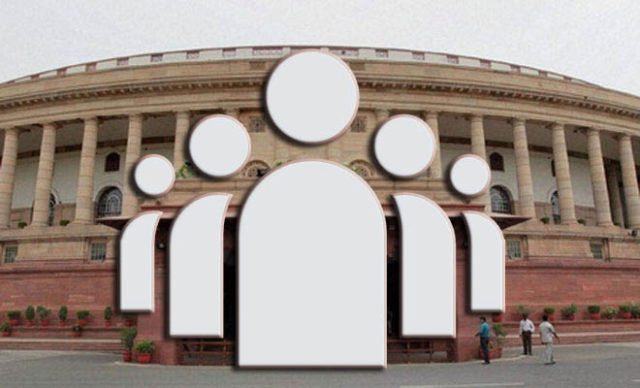Before we take up the issue of the Citizenship (Amendment) Bill, let us first take a moment to put the topic in context. And the most pertinent question to ask ourselves is: Why do nations exist?

You see, as members of the human species, we are wired to live in closely-knitted cohesive groups. These groups are made up of other human beings, who are similar to us. This similarity and the desire to live in groups (for the sake of both identity and protection) was what gave rise to the concept of nation / state (a ‘word’ that legally means the same thing). Since, a nation also has a geographical context (i.e. For a nation to exist, it must have a clearly defined geographical area), citizenship is an important issue for any sovereign nation.
Of course, with India being partitioned and attaining independence in 1947, citizenship became an important issue. In fact, citizenship (and the subsequent immigration laws) have been a delicate subject since the time of Indian independence. Even while drafting the Indian Constitution, B. R. Ambedkar spoke of the complexity when it came to citizenship: “Except one other article in the draft constitution, I do not think that any other article has given the drafting committee such a headache as this particular article. I do not know how many drafts were prepared and how many were destroyed as being inadequate to cover all the cases which it was thought necessary and desirable to cover.”
What is fascinating is that even after doing and redoing the draft, B. R. Ambedkar and the other members of the drafting committee could not have foreseen all issues that would one day necessitate yet another amendment. Then again, how could they? For the first time that the citizenship act was passed in 1955, it had come about post the bloody partition that would have surely had left a bitter taste in everyone’s mouth. Of course, since then the realities have changed…and with it, the need to amend the citizenship act. Thus, the government introduced a Bill on July 19, 2016 to amend certain provisions of the Citizenship Act in order to realise the Indian dream of providing “Citizenship Without Bias”.
Thus, the amendment proposes to grant Indian citizenship to non-Muslim minority groups (such as Hindus, Sikhs, Buddhists, Jains, Parsis, and Christians), who belong to Muslim-majority nations (like Pakistan, Afghanistan and Bangladesh). The coming of this Bill actually provides respite to those non-muslim minorities who are facing hostilities and persecution in their muslim-majority nations. Thus, the Bill hopes to provide them a safe passage and a promise of a future, where they won’t be judged and / or persecuted simply on the basis of their religions.
Although, certain sections of the civil society has been protesting the move by the government, terming it “communally-motivated humanitarianism”, the truth is simply that — the government hopes to save those non-muslim minorities from persecution by providing them an opportunity to live and experience life in a secular nation, where people — irrespective of their religions! — live and work…as equals! If anything… the move is “secularly”-inspired!!!
If you disagree with the opinion expressed by the writer, please feel free to use our commenting system to start a constructive discussion about the same.































